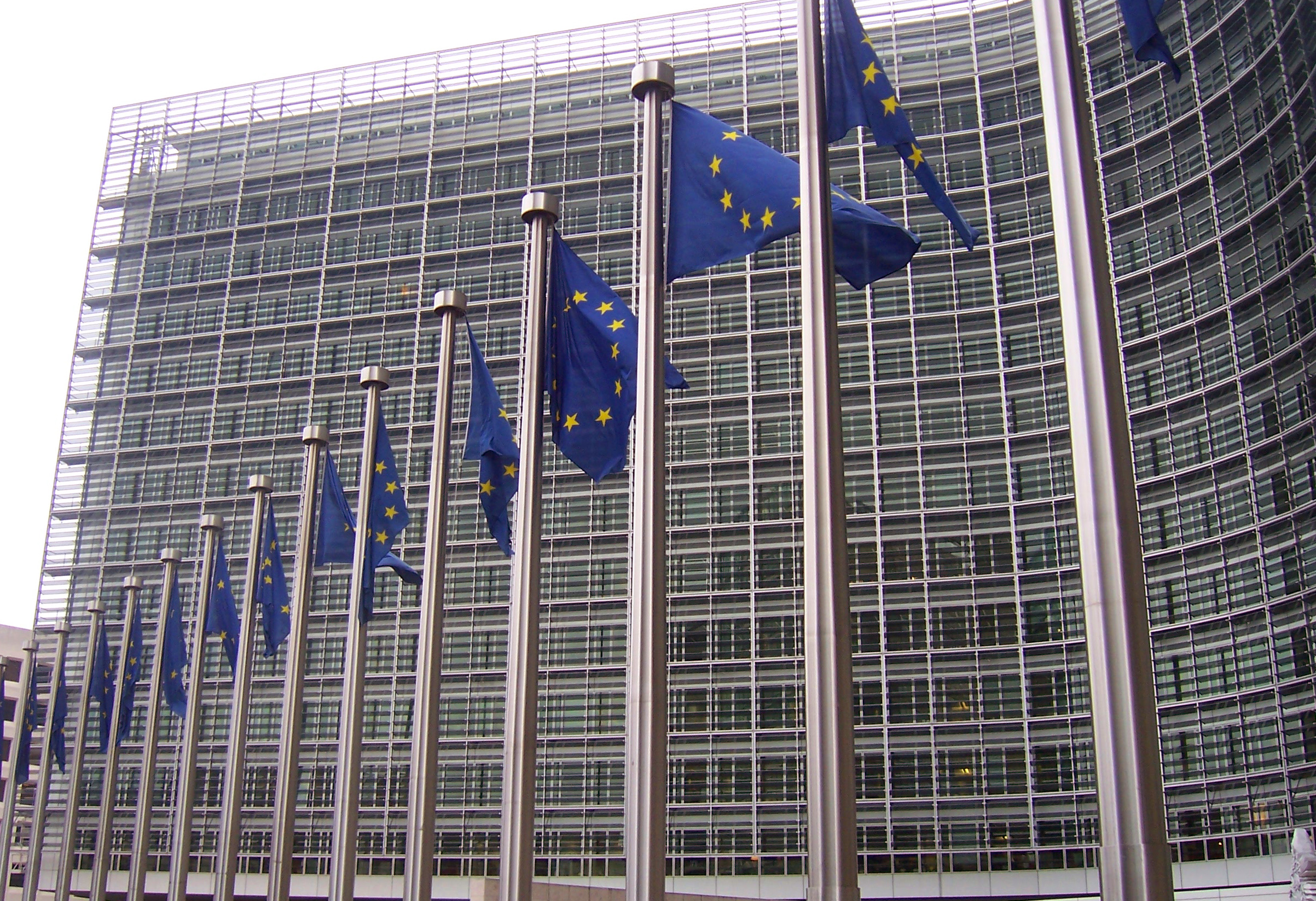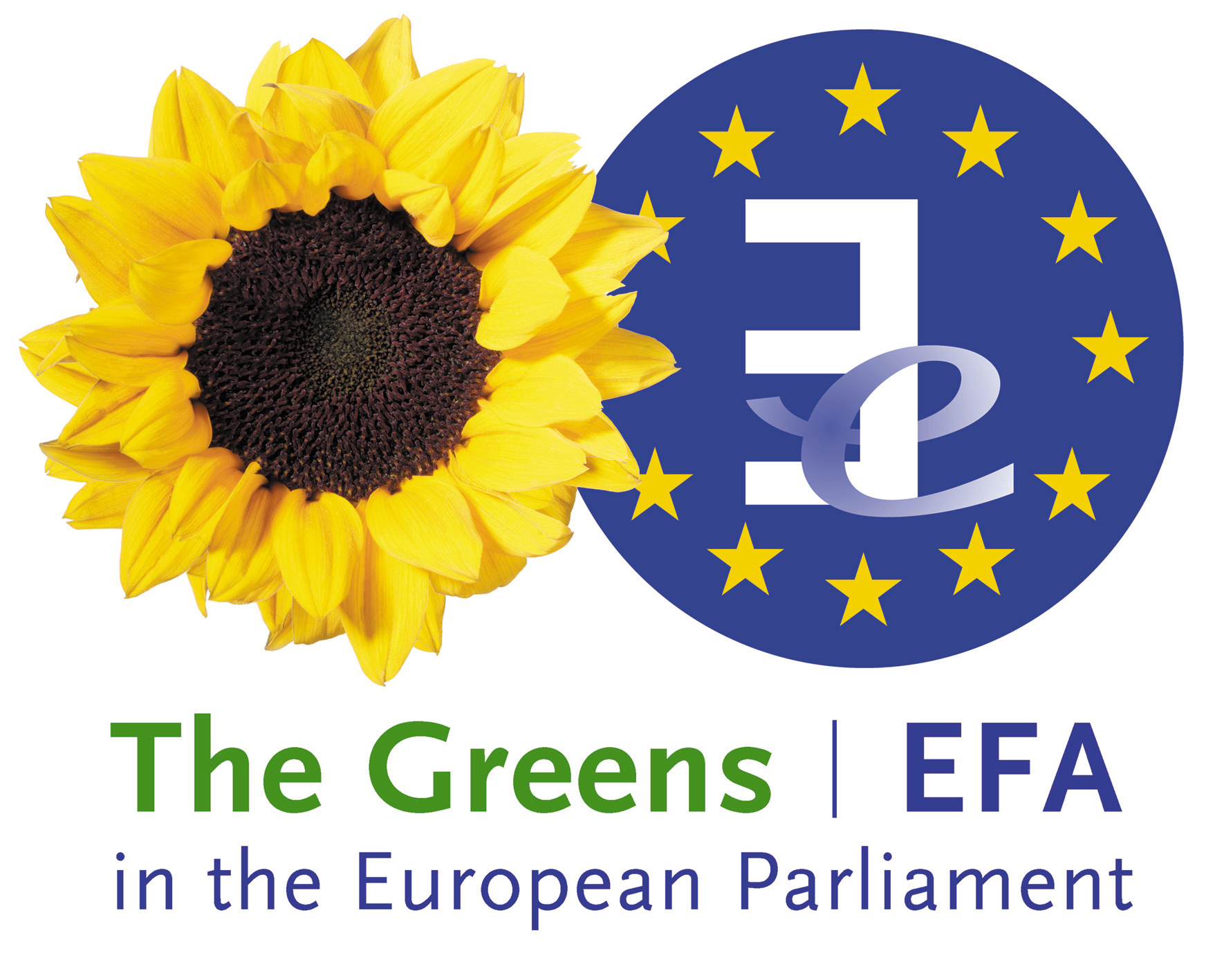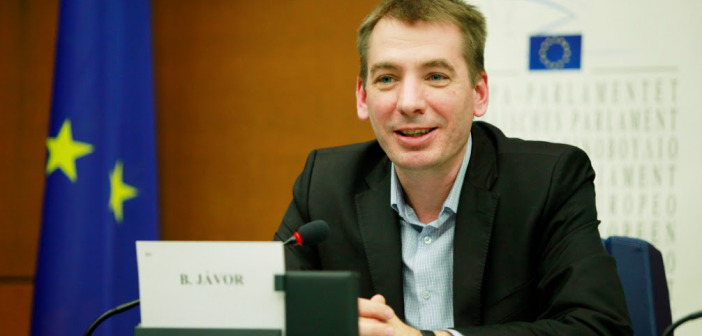Opening
Benedek Jávor, Greens/EFA MEP, Dialogue for Hungary Party, Hungary
Zoltán Pogátsa, University of Western Hungary, DiEM25 initiator, Hungary
Gábor Scheiring, chairman of Progressive Hungary Foundation, Hungary
Opening panel – Europe as a global actor
Key issues of the panel: Europe’s role on the global scene, refugee crisis, international development, unfair trade regimes, TTIP.
Lorenzo Marsili, co-initiator DiEM25, director of European Alternatives, Italy
Alena Krempaska, Human Rights Institute, Slovakia
Edouard Gaudot, Political Advisor of Greens/EFA in the European Parliament and Author of L’Europe c’est Nous
Dr. Bourgla Ossamah, Syrian GP, local councillor, Hungary Magyarország
New Member States’ perspective
Key issues of the panel: failure of integration, inefficient cohesion policy, antidemocratic trends as a consequence
Marta Tycner, Razem Party, Poland
Gábor Scheiring, chairman of Progressive Hungary Foundation, Hungary
Jakub Patocka, editor, Denik Referendum, Czechia
Irmi Salzer, Greens Burgenland, Austria
Speeches: The way out of the crisis?
Philippe Lamberts, co-chair of Greens/EFA, Belgium
Yanis Varoufakis, founder of DiEM25, former minister of finance, Greece
Session III. – Social Europe
Key issues of the panel: monetary vs. social union, basic income, financial transfers, right to housing
Zoltán Pogátsa, University of Western Hungary, DiEM25 initiator, Hungary
Philippe Lamberts, co-chair of Greens/EFA, Belgium
Florentin Iancu, Trade Unionist, Romania
Session IV: Sustainable Europe
Key issues of the panel: how to make Europe sustainable against corporate interest and MS’s resistance, COP21.
Florent Marcellesi, spokesperson of EQUO in the European Parliament, Spain
Benedek Jávor, Greens/EFA MEP, Dialogue for Hungary Party, Hungary
Stephanie Roth, “Save Rosia Montana!” movement, Romania
Session V: Where are we and were to go? Reasons and solutions
Philippe Lamberts, co-chair of Greens/EFA, Belgium
Yanis Varoufakis, founder of DiEM25, former minister of finance, Greece
GM Tamás, philosopher, Hungary
Adam Ostolski, Polish Greeen Party, Poland
17:45 -18:00 Closing
Benedek Jávor, Greens/EFA MEP, Dialogue for Hungary, Hungary
Zoltán Pogátsa, University of Western Hungary, DiEM25 initiator, Hungary
BONUS track: The future of Hungary and the Progressives- roundtable talk of Progressive Hungary Foundation
Réka Kinga Papp, journalist, essayist
Tímea Szabó, co-chair of Dialogue for Hungary Party, MP
Márton Gulyás, activist
Zoltán Ceglédi, political analyst
Péter Konok, historian



















